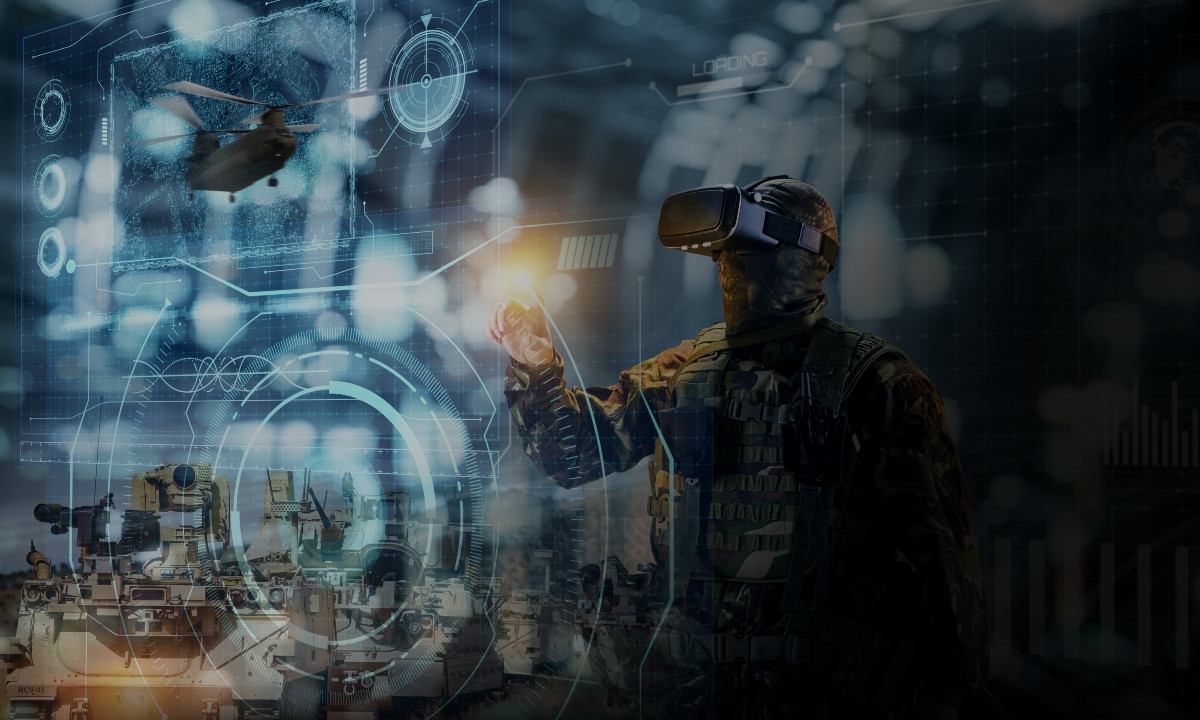
THE issue of terrorism has posed a persistent challenge for both national and international intelligence and security agencies.
The dynamic nature of terrorism is evident in the way radicalised individuals exploit technological advancements to perpetrate attacks on civilians, particularly vulnerable groups like women and children.
It is crucial not to underestimate the capabilities of these terrorists, who are increasingly utilising tools like artificial intelligence (AI) to advance their destructive goals.
Historically, terrorist organisations have sought out individuals with technological expertise to aid their activities, highlighting an ongoing trend that intelligence and security agencies must continue to monitor closely.
Artificial Intelligence
Terrorist groups have shown their capacity to adapt to emerging technologies, including the potential integration of AI.
One domain where they have begun to experiment with AI is in the production of propaganda using generative AI, enabling them to generate a large quantity of new content.
The convergence of terrorism and AI is a multifaceted and constantly evolving area that poses both challenges and opportunities for counterterrorism endeavours.
AI can be utilised by terrorist organisations for a variety of purposes such as communication, recruitment, dissemination of propaganda, and operational planning.
Conversely, AI also presents significant potential for the detection and prevention of terrorism through data analysis, surveillance, and predictive modelling.

The utilisation of AI by terrorist groups has even resulted in the creation of autonomous weapon systems (AWS), as highlighted in a report by The Alan Turing Institute.
This report further observed that these AWS leverage AI to autonomously identify, select, and engage targets without human intervention or the necessity for an operator to manually designate a specific target.
This is not merely a notion from science fiction, as there have been accounts of AWS being deployed in the ongoing conflict in Libya in 2019, and they are believed to be extensively employed in the Russia-Ukraine conflict.
Moreover, the aforementioned report posited that advancements in military technology often pave the way for non-state actors to enhance their capabilities, especially when these capabilities are easily accessible.
A case in point occurred in 2017 when ISIL successfully carried out drone attacks against the Peshmerga and French Special Forces in Northern Iraq.
Furthermore, the report emphasised that the US Department of Homeland Security has issued a cautionary statement regarding the adoption of new technology and strategies by terrorist groups through their battlefield experience, including the utilisation of unmanned aerial systems.
These systems, which are equipped with AI algorithms, have the potential to be employed by terrorist organisations to carry out attacks with heightened precision and efficiency, thereby posing significant challenges for defense and security forces.
For instance, the progression of AI-powered drones could empower terrorists to engage in aerial surveillance, gather intelligence, and execute targeted strikes with minimal human intervention.
Another notable example involves the integration of AI in online radicalisation and recruitment efforts.
Terrorist organisations exploit social media platforms and online forums to disseminate extremist ideologies and attract new members.

By utilising AI algorithms, these organisations can identify individuals who are susceptible to radicalisation and automate the process of targeting and engaging potential recruits based on their online behaviour and preferences.
Technology portal WIRED recently published an article discussing the proactive efforts of major technology platforms in combating violent extremist content.
These platforms have been actively constructing hashing databases, which serve as repositories of known violent extremist content.
The purpose of these databases is to facilitate the swift and automated removal of such content from the internet.
By sharing these databases across platforms, the technology companies aim to effectively eradicate violent extremist material from their respective platforms.
The article also highlights the findings of researchers from Tech Against Terrorism, who have identified several concerning developments in recent months.
One such development is the emergence of a guide to memetic warfare, which provides instructions on utilising AI-generated image tools to create extremist memes.
This indicates that extremist groups are leveraging artificial intelligence to disseminate their ideologies through visually engaging and shareable content.
Furthermore, the Islamic State (IS) has published a tech support guide that instructs its members on securely utilising generative AI tools.
Additionally, a pro-IS user of an archiving service claims to have employed an AI-based automatic speech recognition system to transcribe Arabic language IS propaganda.
These instances demonstrate the increasing adoption of technologically advanced methods by terrorist groups to recruit members and carry out attacks while minimising risks.
In another concerning development, a pro-al-Qaeda outlet has released multiple posters that are highly likely to have been created using a generative AI platform.
This highlights the potential of AI in enabling the rapid production of propaganda materials by extremist organisations.
The utilisation of advanced technology by terrorist groups presents a significant challenge for intelligence and security agencies.
Addressing this emerging trend requires the development of effective counter-terrorism measures that incorporate artificial intelligence.
In the subsequent part of this article, we will explore the various ways in which AI is being employed in counter-terrorism measures.
R.Paneir Selvam is the principal consultant of Arunachala Research & Consultancy Sdn Bhd (ARRESCON), a think tank specialising on strategic national and geo-political matters.
The views expressed are solely of the author and do not necessarily reflect those of MMKtT.
- Focus Malaysia



No comments:
Post a Comment
Note: Only a member of this blog may post a comment.